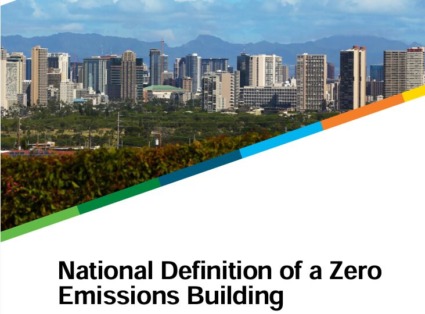
The Biden administration on Thursday unveiled the “National Definition for a Zero Emissions Building,” or “ZEB.” This voluntary, long-term goal for commercial and residential buildings to slash carbon emissions has been anticipated for months. It is the first definition of its kind from the U.S. government and was developed with heavy input from The Real Estate Roundtable’s Sustainability Policy Advisory Committee (SPAC). (ZEB Definition | Press Release)
ZEB Criteria
A U.S. Definition for U.S. Real Estate
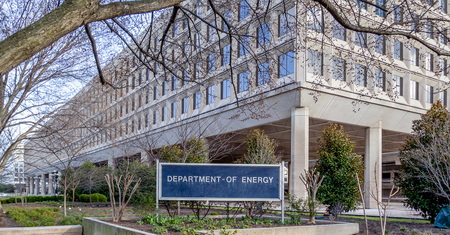
EPA Offers the “Path to ZEB”

Speakers from the White House, DOE, EPA, and other leaders will discuss the ZEB definition and NextGen program at the upcoming SPAC meeting in Washington, DC on June 21.

The Fifth Circuit Court of Appeals in New Orleans ruled in favor of six private equity and hedge fund groups, finding that the Securities and Exchange Commission (SEC) exceeded its authority by adopting the Private Fund Adviser rule in August 2023. (WSJ, June 5)
Court Ruling
Roundtable Advocacy
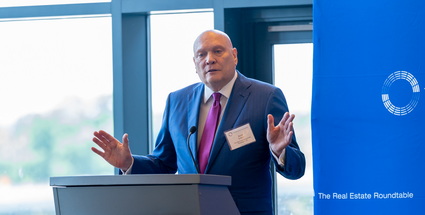
The Roundtable’s Real Estate Capital Policy Advisory Committee (RECPAC) will continue to monitor and respond to the SEC’s various proposed regulatory initiatives with its industry and coalition partners.
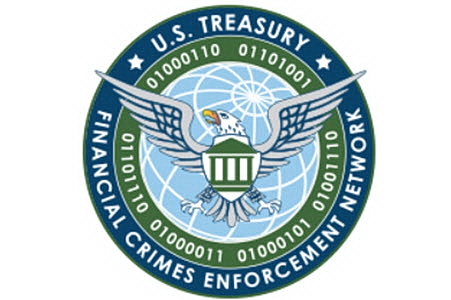
The Real Estate Roundtable, along with eleven other national real estate organizations, wrote to the Senate Banking, Housing, and Urban Affairs Committee urging them to advance the Protect Small Business and Prevent Illicit Financial Activity Act (S.3625), which would extend the deadline for companies to report ownership information to the Department of the Treasury's Financial Crimes Enforcement Network (FinCEN).
Corporate Transparency Act (CTA) Delay Bills
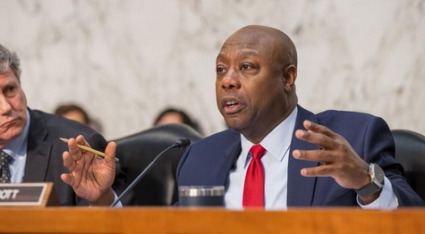
Roundtable Opposition

The Roundtable’s Real Estate Capital Advisory Committee (RECPAC) will continue to monitor developments related to beneficial ownership requirements and legal outcomes.
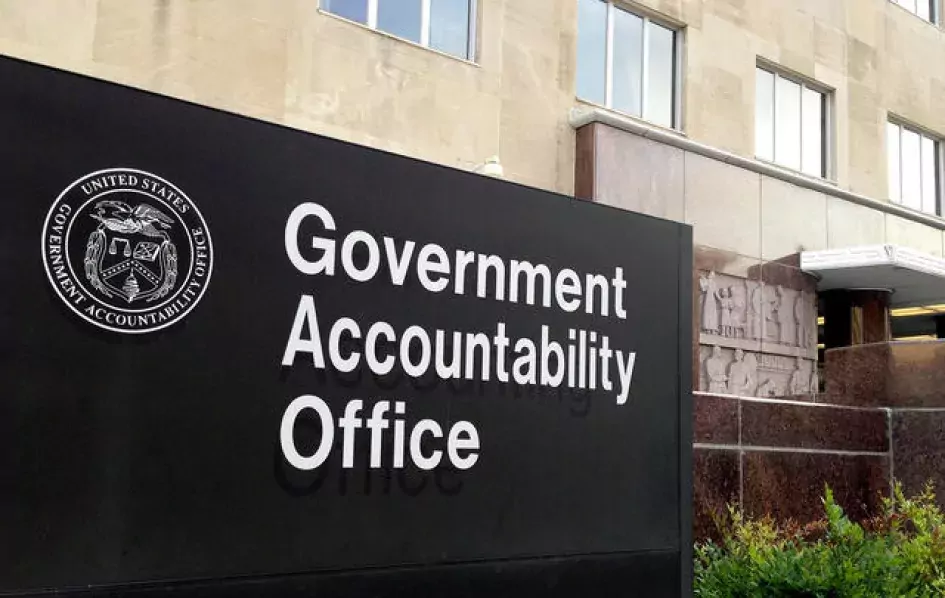
Recent studies show major investments that grow the single-family rental (SFR) market increase housing supplies for low-income and middle-class households, and create more educational opportunities for families with improved access to quality school districts.
Positive SFR Research
Key Findings

Clear SFR Benefits
The Roundtable’s Annual Meeting on June 20-21 in Washington, DC, will feature discussions regarding the policies needed to help expand the supply of affordable and workforce housing.